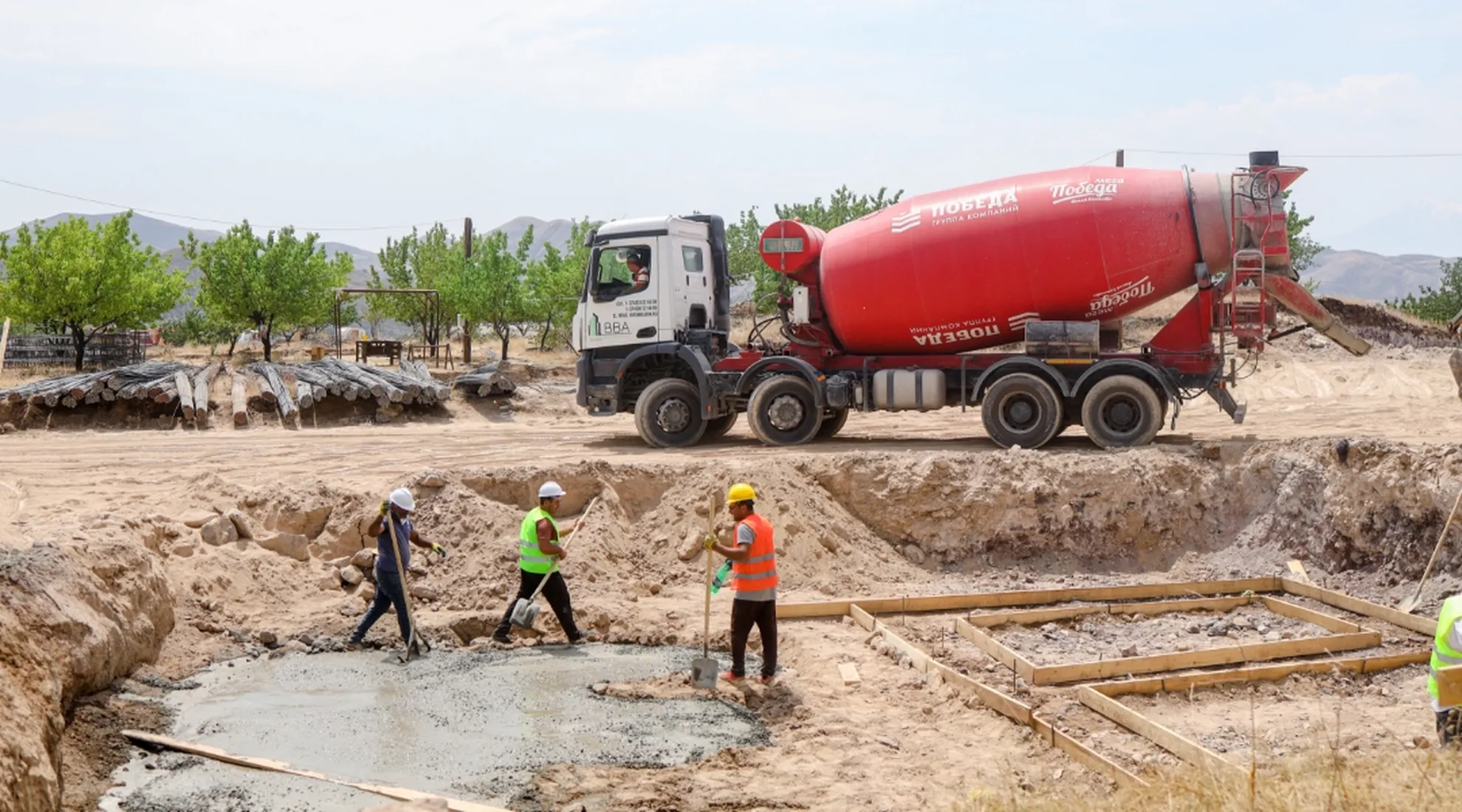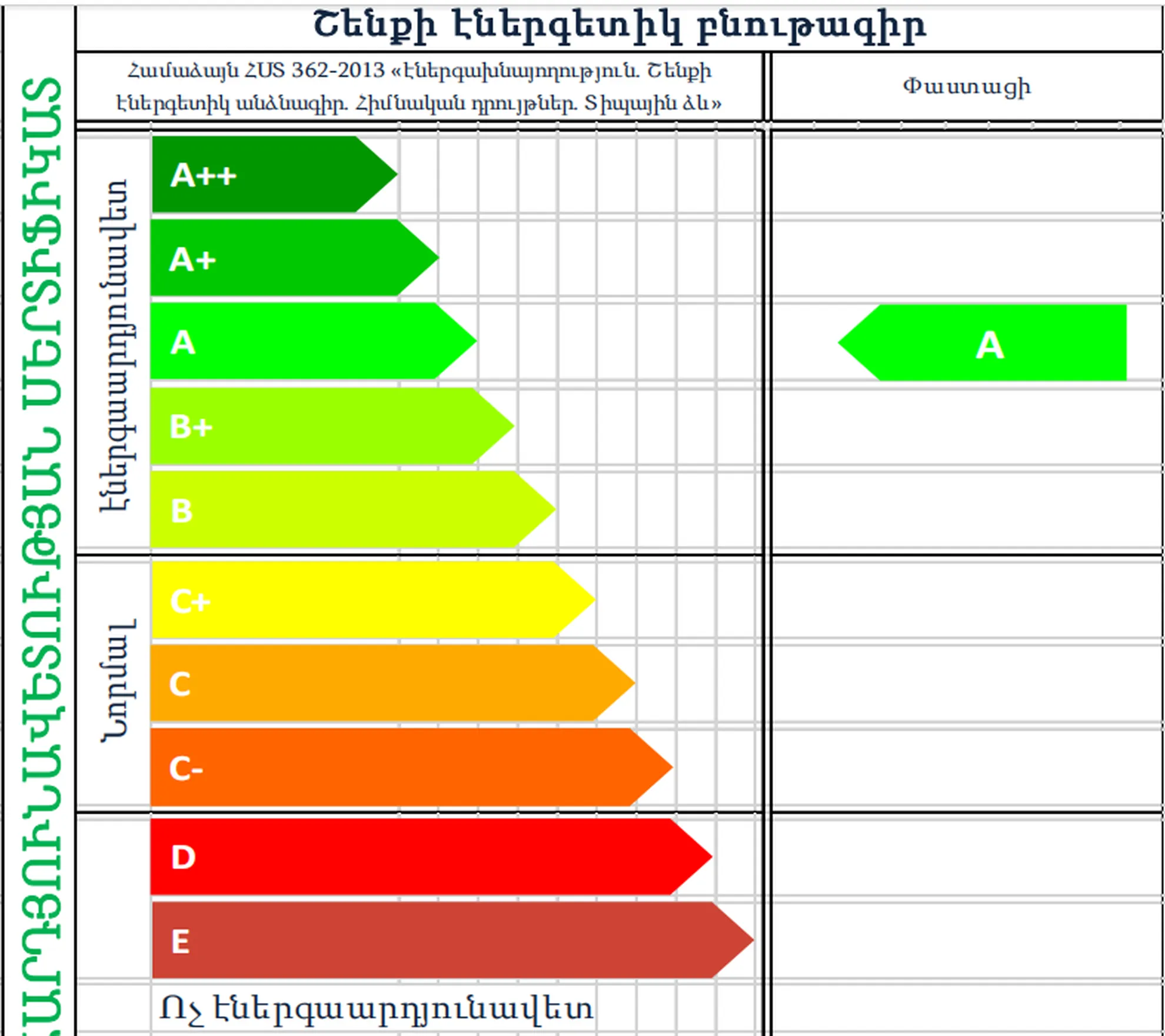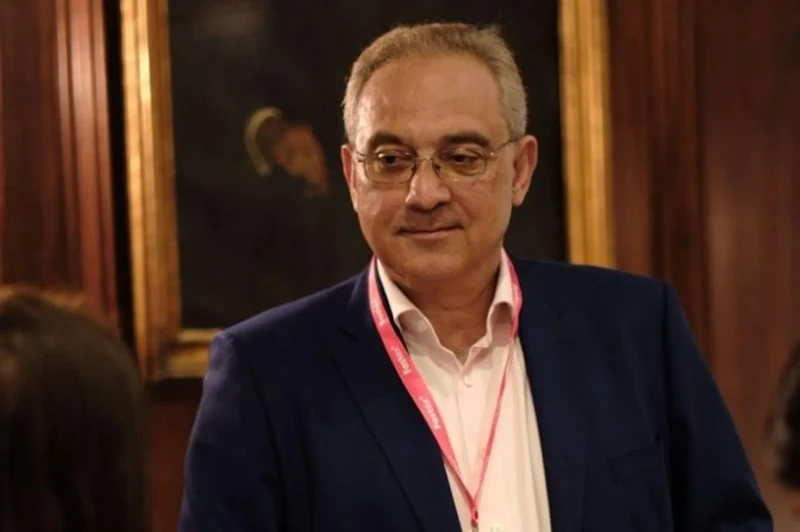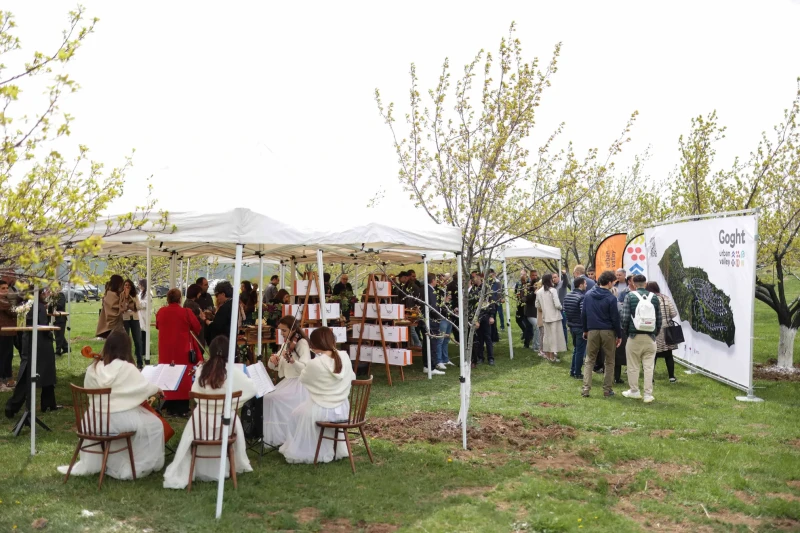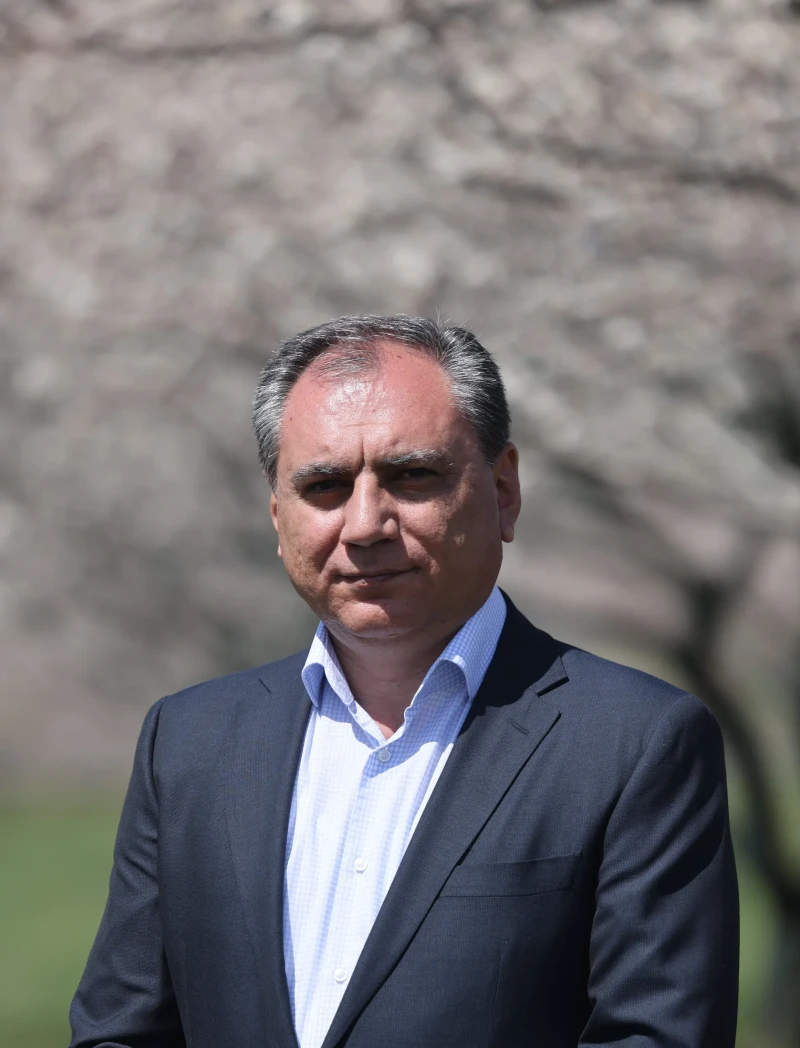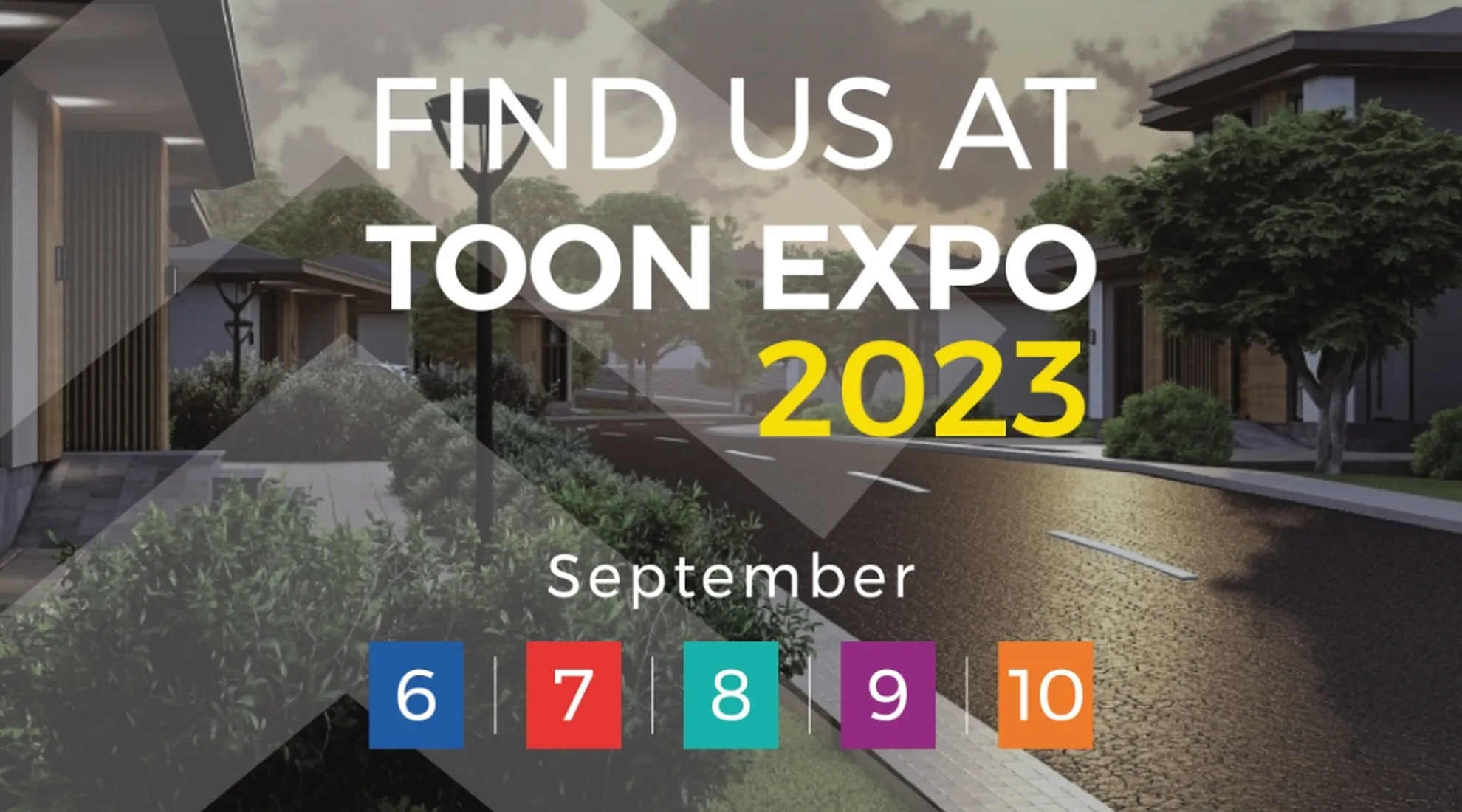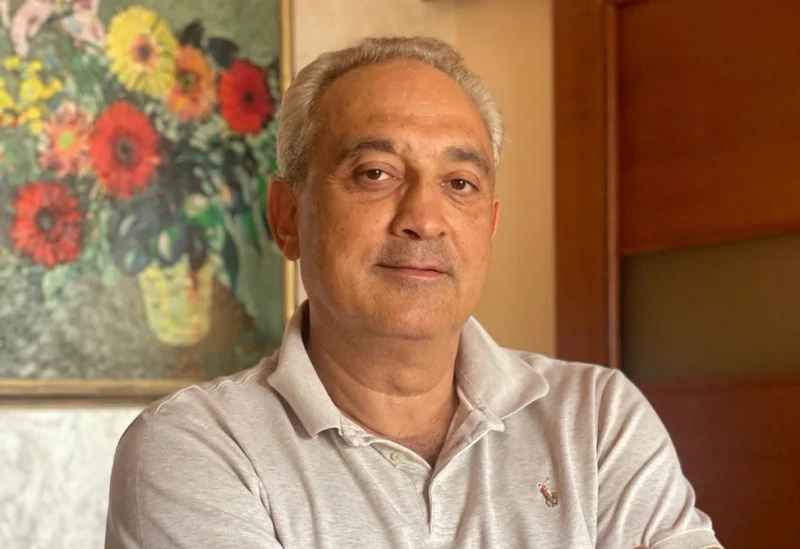International educational campus overlooking Mount Ararat in Armenia: Goght Urban Valley and Koreez.am unveil a grand project
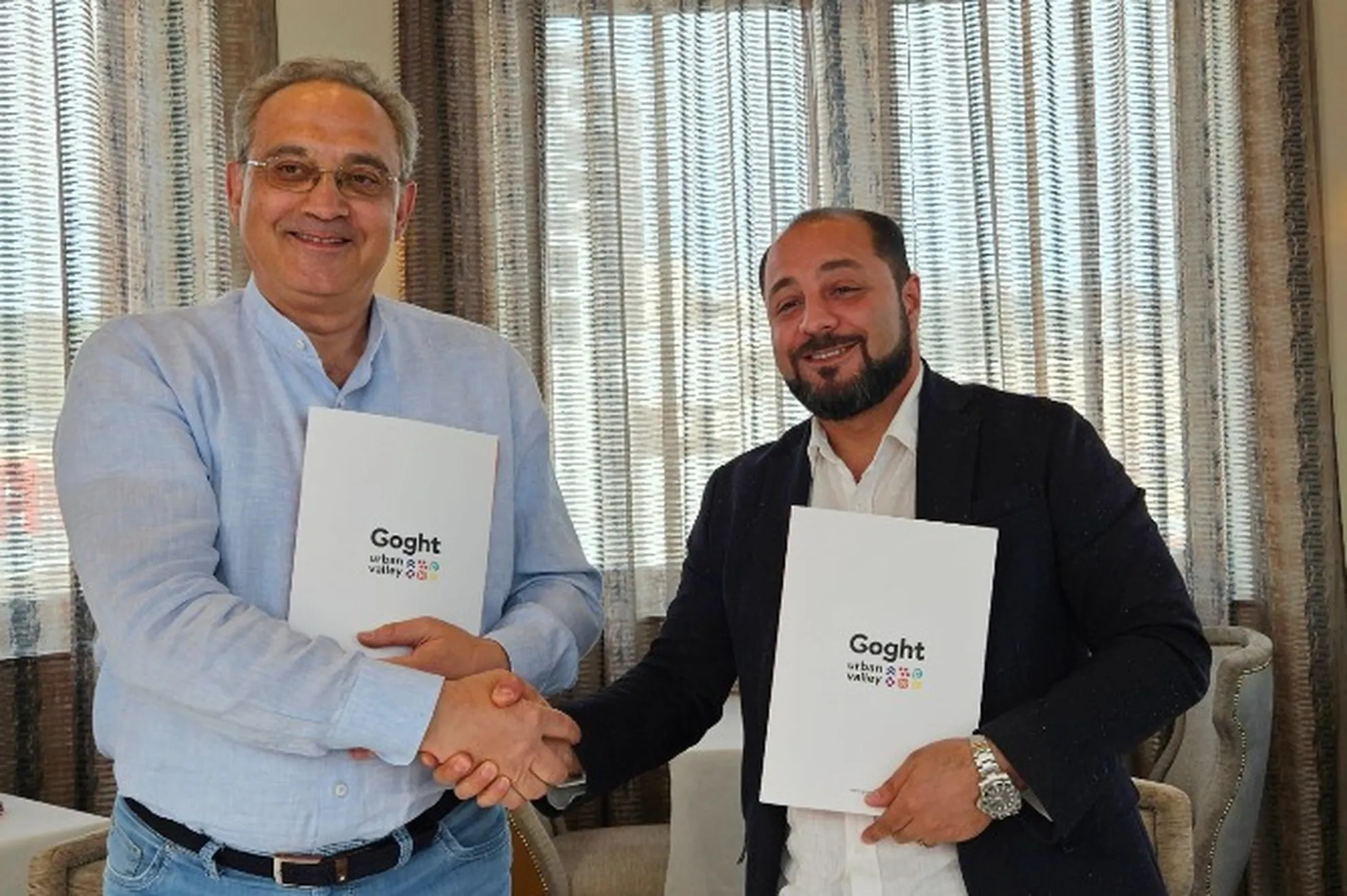
A partnership agreement has been signed between Goght Urban Valley, a modern country side residential community, currently under construction located 30 km from Yerevan, and the educational platform Koreez.am. Within the framework of the agreement, a modern international educational centre will be built in a smart city located in one of the most picturesque regions of Armenia. In a recent interview for Novosti-Armenia, Suren Aloyan, the visionary behind Koreez.am and Dasaran.am, shared insights into the exciting prospects and distinctive educational offerings of an upcoming center in the Goght Urban Valley. Aloyan, who achieved the prestigious distinction of being the first Armenian included in the esteemed Young Global Leaders of the World ranking in 2021, emphasized the pivotal role such an educational institution could play in both the local context of Kotayk and the broader landscape of Armenia.
"Novosti-Armenia": What motivates your collaboration with Goght Urban Valley in this ambitious format?
S. Aloyan: The primary objective is to leverage our 16 years of educational expertise, acquired both locally and internationally, within one of Armenia's most picturesque regions, Kotayk. This complex will be designed to meet international standards and will house both a kindergarten and a school, complete with facilities like a sports complex. Situated against the breathtaking backdrop of the biblical Mount Ararat, the location promises a truly enchanting setting.
But our ambitions extend beyond just education. We see this project as a catalyst for regional growth. We've seen examples from places like the UAE, where international schools have played a vital role in developing entire communities. We believe our school will become a focal point, attracting families who prioritize quality education for their children.
Ultimately, this initiative presents Armenia with a fantastic opportunity to integrate global educational practices while nurturing our own unique identity - aptly reflected in our name "Koreez," signifying "core" in Armenian. With our deep roots in Armenian education, we understand the pivotal role it plays in shaping our nation's future. Through our kindergarten and school programs, we're committed to nurturing individuals who can confidently navigate both local and global challenges, ensuring Armenia remains on the path to progress.
"Novosti-Armenia": What measures are being undertaken to establish a globally accredited school in Kotayk?
S. Aloyan: Presently, discussions with potential partners are ongoing. It's imperative to underscore that while adhering to international benchmarks, this format must align with the requirements and criteria of Armenia's educational framework.
"Novosti-Armenia": Will the educational complex cover all educational stages, from kindergarten to high school?
S. Aloyan: Initially, the focus will be on preschool education. Subsequent decisions regarding the inclusion of high school (10th-12th grades) will be contingent upon our collaboration with an international school partner.
"Novosti-Armenia": Do you have a particular internationally recognized educational framework in mind for your complex?
S. Aloyan: We will tailor any international standard to meet the specific needs of Armenia. Our primary objective is to educate Armenian children. It's essential to recognize that simply adopting a foreign model, such as the Finnish one, doesn't guarantee suitability for our country. The chosen framework must align with our national ethos, traditions, and cultural context.
"Novosti-Armenia": Could it potentially incorporate a blend of the most effective international educational approaches?
S. Aloyan: Absolutely. We've previously implemented such an approach, adapting educational programs and systems to suit the country's requirements.
"Novosti-Armenia": What are the challenges in the contemporary world that necessitate the introduction of an international education system in Armenia? How will your educational complex differentiate itself from national schools, and what advantages will it offer?
S. Aloyan: It's now widely acknowledged that knowledge alone isn't sufficient; its practical application holds greater importance. Merely imparting information to students isn't enough; we must also teach them how to apply this knowledge in real-world scenarios. Education should emphasize skills, projects, and strategic planning. Students should actively apply their knowledge daily, interrelating various concepts to achieve tangible outcomes.
"Novosti-Armenia": Currently, the International Baccalaureate (IB) system offers graduates a pathway to prestigious global universities without the need for exams. Do you intend to pursue this avenue?
S. Aloyan: Absolutely. Our aim is to establish a system that enables our students to seamlessly transition to various international educational institutions. However, we have yet to finalize our partnerships, so I can't provide specific details at this stage.
"Novosti-Armenia": Is your educational complex primarily intended for children residing in Goght Urban Valley, or will it be open to all?
S. Aloyan: While our primary focus is indeed on serving the local community, our doors will be open to all children seeking a high-quality international education. Foreign students will also be welcomed to benefit from our educational offerings.
"Novosti-Armenia": Will the teaching staff consist of specialists recruited from abroad or locally trained educators?
S. Aloyan: I hold the teaching profession in high regard. I firmly believe that during their formative years, children learn not just from textbooks but from the individuals they respect and admire—their teachers. For twelve years, a student looks up to their teacher as a role model. While we do intend to invite educators from abroad, we also place great emphasis on retraining our local teachers to meet international standards, enabling them to effectively educate our students.
"Novosti-Armenia": Providing education up to international standards can be costly. How do you envision striking the right balance between affordability and quality within Armenia's context?
S. Aloyan: Market research in Armenia indicates a significant presence of international schools, suggesting a robust demand that surpasses the current supply. Our goal is to not only compete but to excel in this landscape, ensuring our educational offering is not only competitive but also superior in value.
